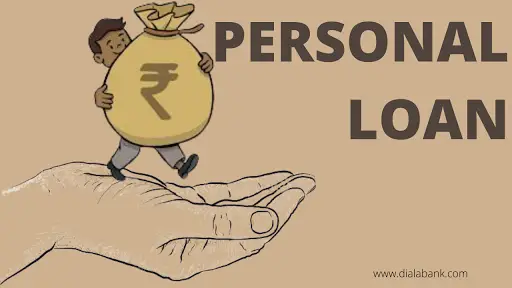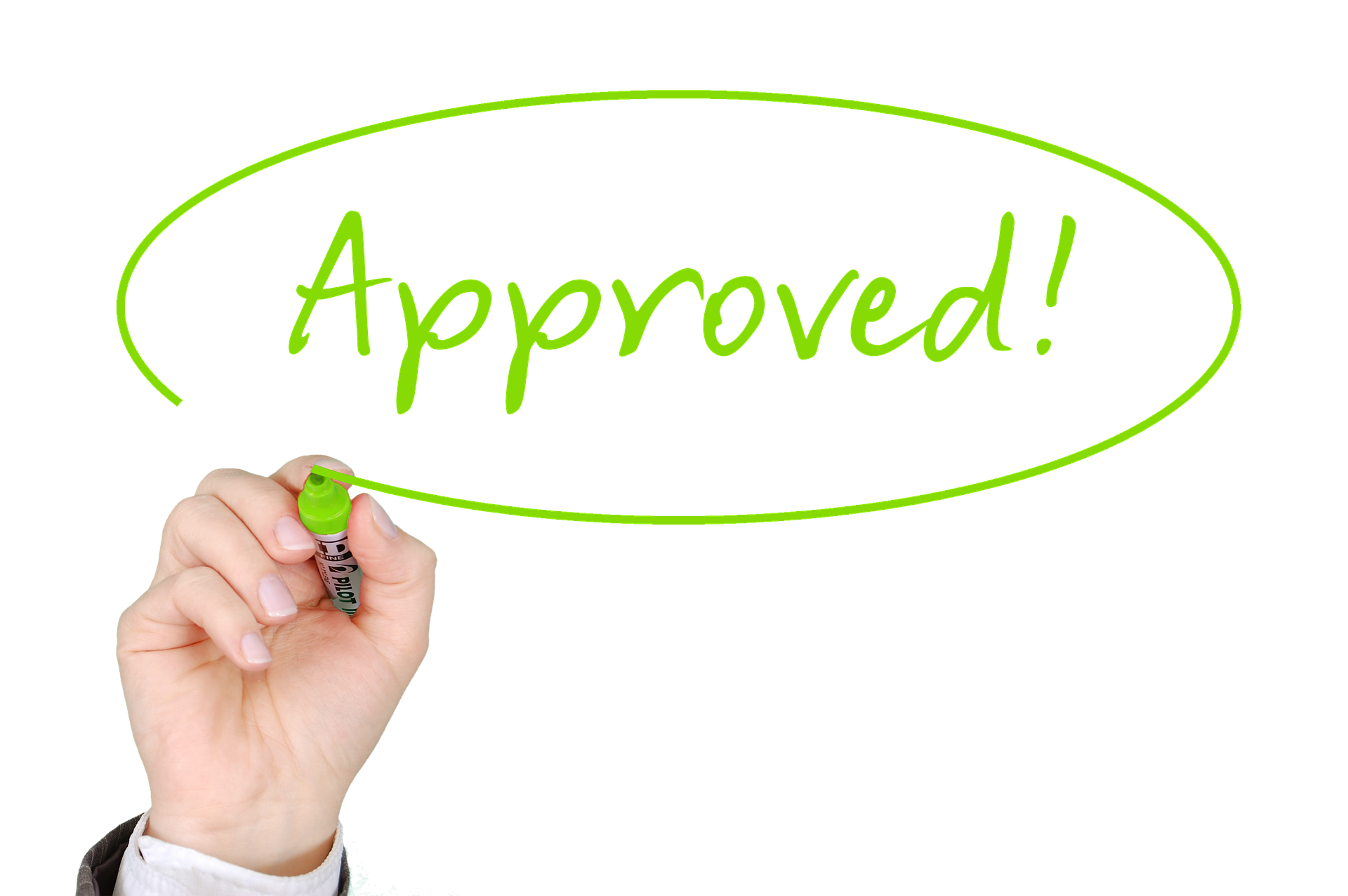 1. Create a list of the various debts/EMIs you have to pay each month. The cumulative number does not exceed 50% of your annual salary. You were pausing and reconsidering raising your loan term to reduce your EMI burden.
1. Create a list of the various debts/EMIs you have to pay each month. The cumulative number does not exceed 50% of your annual salary. You were pausing and reconsidering raising your loan term to reduce your EMI burden.
2. Create a plan to pay off your debts as soon as possible if you have several debts and only pay the minimum sum on each. Please choose the most costly debt, get whatever amount you can afford, and pay it off as quickly as possible to minimise the period you have to pay it off. Try to pay the bare minimum on the other debts, and once the most troublesome debts have been paid off, move on to the next one.
3. Real estate, whether it's a house or a plot of land, is a growing commodity. You will get decent returns on them over time. Using a home loan to fund a property's purchase is a smart choice because you are not only purchasing an appreciating asset but also receiving tax benefits.
4. ICICI Personal Loan and credit card will assist you in achieving the lifestyle you want. However, they are costly credit cards with high-interest rates. They can be detrimental to our finances if they are not resolved promptly. Use these two choices sparingly and only as a last resort. To put it another way, change your spending habits so you won't need to rely on credit cards or personal loans.
5. In the meantime, make every effort to save money. Learn more about the government's tax incentives available to you. Tax relief is available for school-aged children and sick parents, in addition to mortgage loans.
6. At this stage, you must create a budget. And it's not just about doing it; it's also about sticking to it. Sticking to a budget has become impossible because our lifestyles have become so focused on restaurants, high-end malls, and foreign vacations. However, if you want to stay out of debt, you'll have to do it. Make a monthly spending list to see if you can save some money at the end of the month. Set aside the money for a few months to help you pay off some of your debt.
7. Know that if you pay your EMIs on time, you will finally be able to pay off your debt. It is essential to shorten the time to avoid paying a significant sum of money in interest on the loan, and you can Personal Loan Apply Online. Building a corpus from your savings is one way to do so. This accomplishes two goals: The corpus can come in handy in an emergency, and it can also be used to make a lump-sum payment against your loan principal, reducing your loan term and interest payments.
8. If unsecured loans, such as credit card payments, account for a significant portion of your monthly expenses, you can take steps to reduce them as soon as possible. If not, hold just one credit card with a low balance limit so you won't be tempted to overspend.
9. Maintain daily inspiration. Moving out of debt is a daunting process. Never stop preparing and plotting your debt-reduction strategy. Beyond your debts, though, lies a happy, prosperous life.
10. It would be simple to progress to the next level if you determine that you need to reduce your expenditures, change your spending habits, and change your attitude toward money. If your partner contributes to the financial crisis, have an open and frank conversation with them and work together to improve the future. This will also aid in your bonding.
Conclusion: Debt management is simple if you approach it with the right mindset. However, you must be prepared to live a more disciplined life, willing to forego those luxuries if possible, and you can only do so if you realise that you are working toward a secure and worry-free future. Make handling the money a habit long after the debt is paid off.






